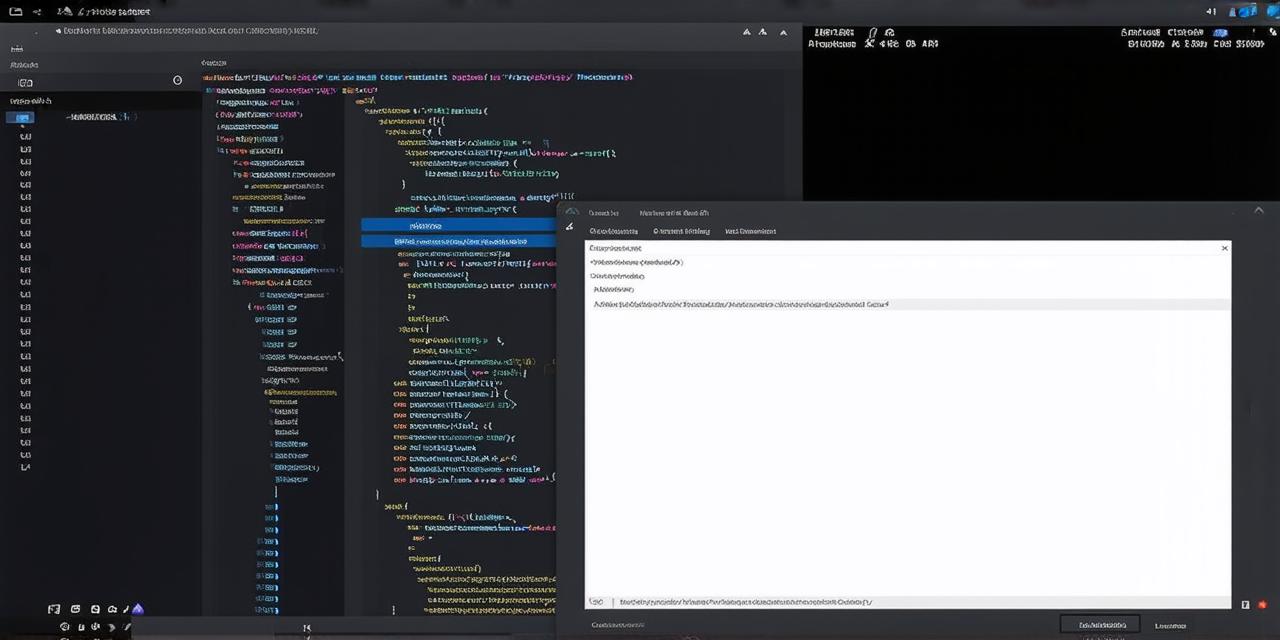Introduction
Lyra is a powerful new feature added to Unreal Engine 5.2 that allows game developers to create and manipulate data-driven content with ease.
What is Lyra?
Lyra is a data serialization and deserialization system that allows game developers to easily manage and manipulate complex data structures within Unreal Engine. It provides a lightweight and flexible way to store and retrieve information, making it an ideal choice for large-scale games with complex data requirements.
Key Features of Lyra
Lyra has several key features that make it a valuable tool for game development:
- Data Serialization: Lyra allows developers to easily serialize and deserialize complex data structures, making it easy to store and retrieve information in a format that can be easily transmitted between different systems.
- Flexible Data Modeling: Lyra provides a flexible data modeling system that allows developers to create custom data models to suit their specific needs. This makes it easy to manage complex data structures within Unreal Engine.
- Cross-Platform Compatibility: Lyra is compatible with a wide range of platforms, including Windows, macOS, Linux, iOS, Android, and more. This makes it an ideal choice for cross-platform game development.
- Performance Optimization: Lyra provides performance optimization tools that allow developers to optimize their data serialization and deserialization processes for maximum efficiency.
Benefits of Using Lyra in Game Development
Lyra offers several benefits for game developers, including:
- Improved Performance: Lyra’s performance optimization tools make it easy to achieve optimal performance for large-scale games with complex data requirements.
- Flexibility and Customization: Lyra provides a flexible data modeling system that allows developers to create custom data models to suit their specific needs, making it easy to manage complex data structures within Unreal Engine.
- Cross-Platform Compatibility: Lyra is compatible with a wide range of platforms, making it an ideal choice for cross-platform game development.
- Easy Integration: Lyra integrates seamlessly with other Unreal Engine features, making it easy to incorporate into existing game development workflows.

Use Cases for Lyra in Game Development
Lyra can be used in a variety of ways within Unreal Engine for game development. Some common use cases include:
- Character Data Management: Lyra can be used to manage complex character data structures, including animation data, behavior data, and other information that is specific to each character.
- Game State Management: Lyra can be used to store and retrieve game state information, such as player progress, game settings, and other data that affects the overall game experience.
- Level Design: Lyra can be used to store and retrieve level design data, such as object placement, lighting, and other information that affects the overall look and feel of a level.
- Multiplayer Game Development: Lyra’s cross-platform compatibility makes it an ideal choice for developing multiplayer games that need to work seamlessly across different platforms.
Summary
Lyra is a powerful new feature added to Unreal Engine 5.2 that provides game developers with a flexible and efficient way to manage complex data structures within their games. Its key features, benefits, and use cases make it an invaluable tool for game development, and its cross-platform compatibility makes it an ideal choice for developing games that need to work seamlessly across different platforms.
